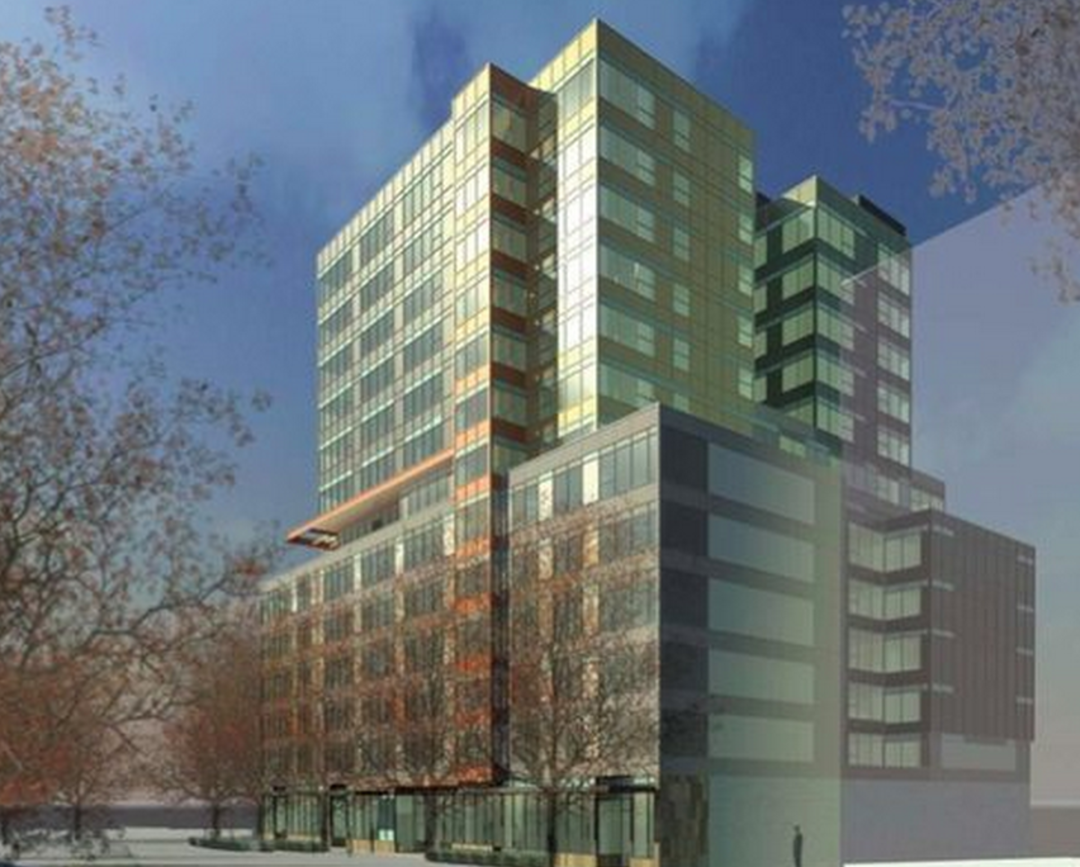On Other Blogs Today: Tunnel Machine Moves 3 Feet, the Rent's Too Damn High, and More

OOBT
1. Spandex joke? Check. Reference to "us" seeing "them" (cyclists) "zipping around the city"? Check.Dumb linkbait question about whether cyclists who "gamble with their lives" by not making hand signals can be ticketed? Check.
The PI.com's traffic reporting has apparently devolved into catnip for trolls.
2. The Puget Sound Business Journal reports that developers plan to open about 7,500 new apartment units in King, Pierce, and Snohomish Counties this year—more than in any year since 1991. Eighty-eight percent of those new units will be in King County, reflecting strong housing growth in Seattle (including this planned 14-story development in Belltown):

The new developments won't help rents, though; as the PSBJ also reports, Seattle rents are expected to rise three percent between March and September of this year, on top of an 8.3 percent increase in the last year; according to the paper, the average rent for a newer one-bedroom (one built in the last six years) is now an eye-popping $1,802 a month.
3. The Seattle Times reports that downtown tunnel planners say they're "pleased" that the tunnel-drilling machine known as Bertha—the biggest tunnel drill in the world—moved all of three feet yesterday. The machine's progress has been held up by a labor dispute over a handful of dirt-moving jobs and by obstruction from soil mixed with concrete that clogged up the machine while it was out of commission.
The companies doing the work told the Times they believe the state should pick up the tab for the millions that were lost while it wasn't in service; tunnel opponents, including Mayor Mike McGinn, have argued that the state needs to guarantee that the city isn't on the hook for overruns.
4. Those patriotic Republicans in Congress may yet shut down the federal government, which means that, starting October 1, there will be no paychecks for tens of thousands of military workers, including troops, at Lewis-McChord Air Force Base north of Olympia, the News Tribune reports.
Uniformed service members would go to work without being paid, and civilian staffers would either work unpaid or be put on furlough. Paying civilian personnel after the fact would require a special act of Congress.
5. Finally, a major report released today concludes that bus-rapid transit (done right, as it isn't currently in Seattle) can be as good at stimulating transit-oriented development as fixed rail like Link Light Rail in Southeast Seattle.
At Human Transit, Portland's Jarrett Walker writes, "In most North American cities, if you're ideologically anti-bus, then you are hostile to most of your city's transit system, and to most of what transit can practically achieve in the near future at the scale of the whole city. Great transit networks are those where all the modes work together to maximize everyone's liberty."
And the Atlantic Cities, writing about the same report, says the biggest factor that influences whether TOD works well is how much local governments intervene to make development happen. "The basic takeaway is that cities seeking TOD investments should build that desire around a strong plan for government intervention first and foremost, then identify a corridor with great potential as a secondary act.




